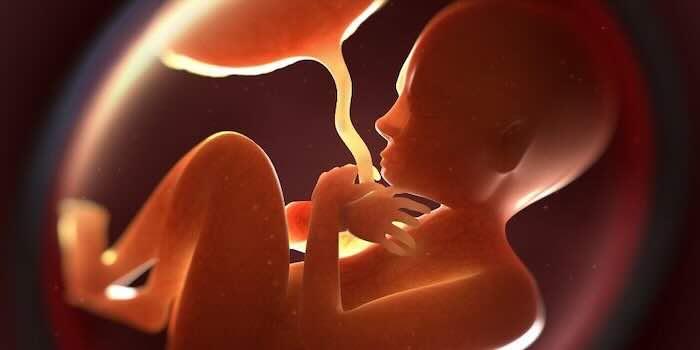By Liberty Counsel ——Bio and Archives--March 20, 2024
American Politics, News | CFP Comments | Reader Friendly | Subscribe | Email Us

TALLAHASSEE, FL – An article recently published in the Harvard Journal of Law & Public Policy has been submitted as a supplemental authority to the Florida Supreme Court in response to the recent oral argument on whether a proposed amendment that would codify unrestricted abortion as a right in the state constitution should be put on Florida’s November 2024 ballot.
During the oral argument on February 7, Chief Justice Carlos Muñiz noted that Article I, Section 2 of the Florida Constitution protects the rights of a “natural person,” and he asked if the ballot summary should apprise voters of how the proposed abortion amendment could impact this section if “natural person” also included the unborn.
Article I, Section 2 of the Florida Constitution states, “All natural persons...have inalienable rights, among which are the right to enjoy and defend life…”
Article I, Section 9 states: “No person shall be deprived of life, liberty or property without due process of law.”
Following the oral argument, Liberty Counsel filed a supplemental authority overviewing many Florida laws that recognize legal protection for an “unborn child” or “unborn person.”
The recent supplemental authority was authored by David H. Thompson in a law review article entitled, “Basic Rights and Initiative Petition 23-07: Are the Preborn ‘Natural Persons’ Under the Florida Constitution?”
In his article, Thompson examines the historical context and development of Florida’s basic equality and due process provisions, the “equality principle” articulated in the Declaration of Independence, transcripts and journals from the relevant constitutional conventions and Constitution Revision Commissions, contemporaneously enacted statutes, interpretive canons, and dictionary definitions.
The author notes that the constitutional convention of 1868, composed almost exclusively of Republicans elected by newly freed African Americans, produced the modern declaration of rights: “All men are by nature free and equal, and have certain inalienable rights, among which are those of enjoying and defending life and liberty, acquiring, possessing, and protecting property, and pursuing and obtaining safety and happiness.”
While the “basic equality provision” existed in various forms in previous interpretations of the Florida Constitution, the words “natural person” first entered the provision in 1868, with the ratification of the current state constitution. Thompson concludes that in 1868 the public would have understood the words “natural person” and “person,” as used in Article I, sections 2 and 9, to mean a living human being, including a preborn child.
In addition, to ascertain the meaning of “all natural persons” in Article I, section 2 of the current Florida Constitution, it is important to note the meaning of “all men” in section 1 of the Constitution of 1868’s Declaration of Rights because Florida’s basic equality provision was revised in 1868 to guarantee the inalienable rights of “all men,” or in other words, all human beings.
Thompson concludes, “The key issue is what the people of Florida believed in 1868, when the still-controlling language of sections 2 and 9 of Article I was drafted and ratified. The historical record shows
what they believed: that conception creates a human “person” bearing an inalienable right to life and entitled to state protection from private violence. As the law stands, those who would like to write the preborn out of that charter may not do so by citizen initiative.”
The Florida Supreme Court will release its decision before April 1. If the Court rejects the amendment, it will not appear on Florida’s 2024 ballot.
Liberty Counsel Founder and Chairman Mat Staver said, “Florida law affirms that unborn children are persons entitled to legal protection. Yet, the abortion ballot summary does not make voters aware of the existing rights of unborn children or the impact this proposed amendment will have on these preexisting rights and should not be permitted. This deceptive amendment violates Florida law and should not be allowed on the ballot.”
View Comments
Liberty Counsel is an international nonprofit, litigation, education, and policy organization dedicated to advancing religious freedom, the sanctity of life, and the family since 1989, by providing pro bono assistance and representation on these and related topics.